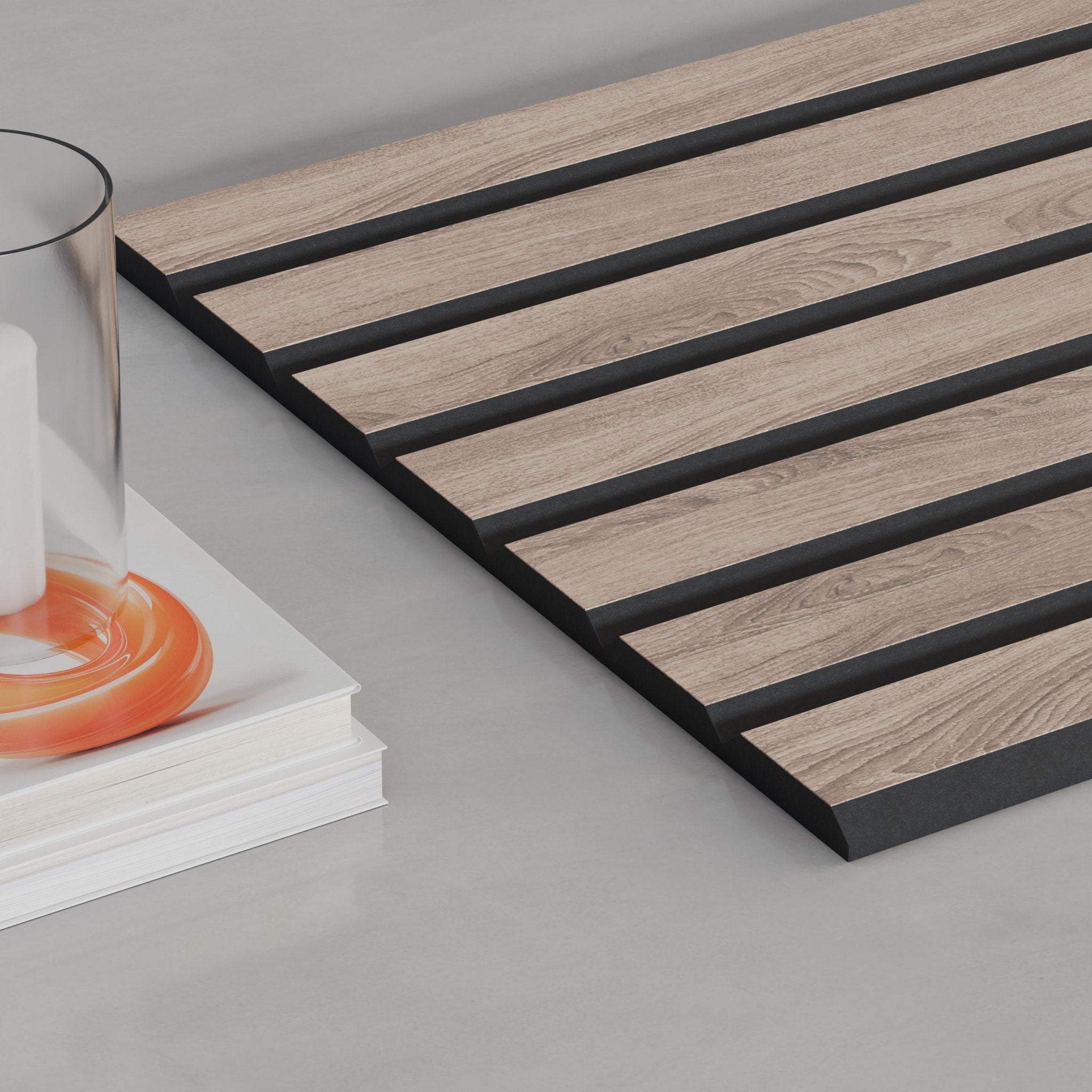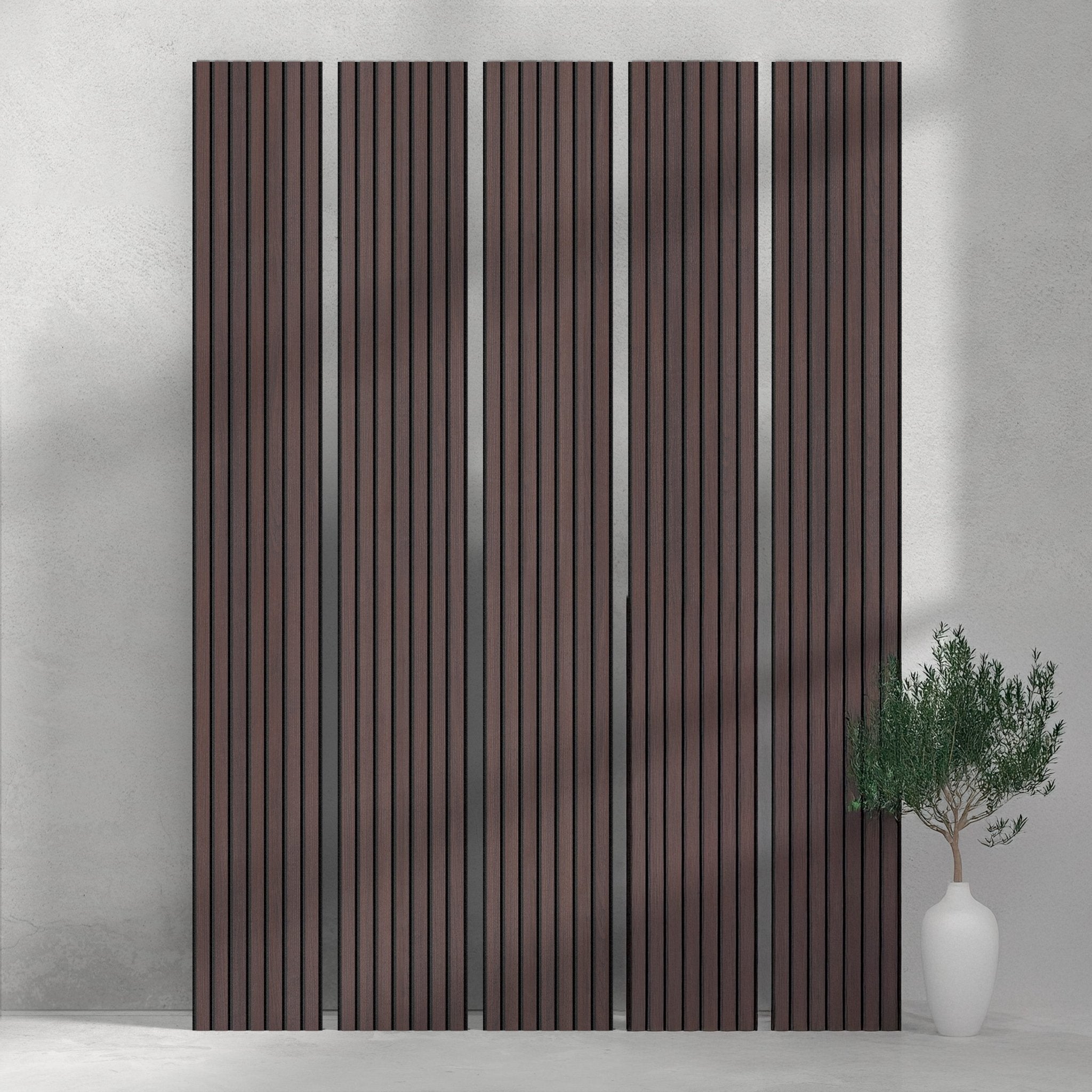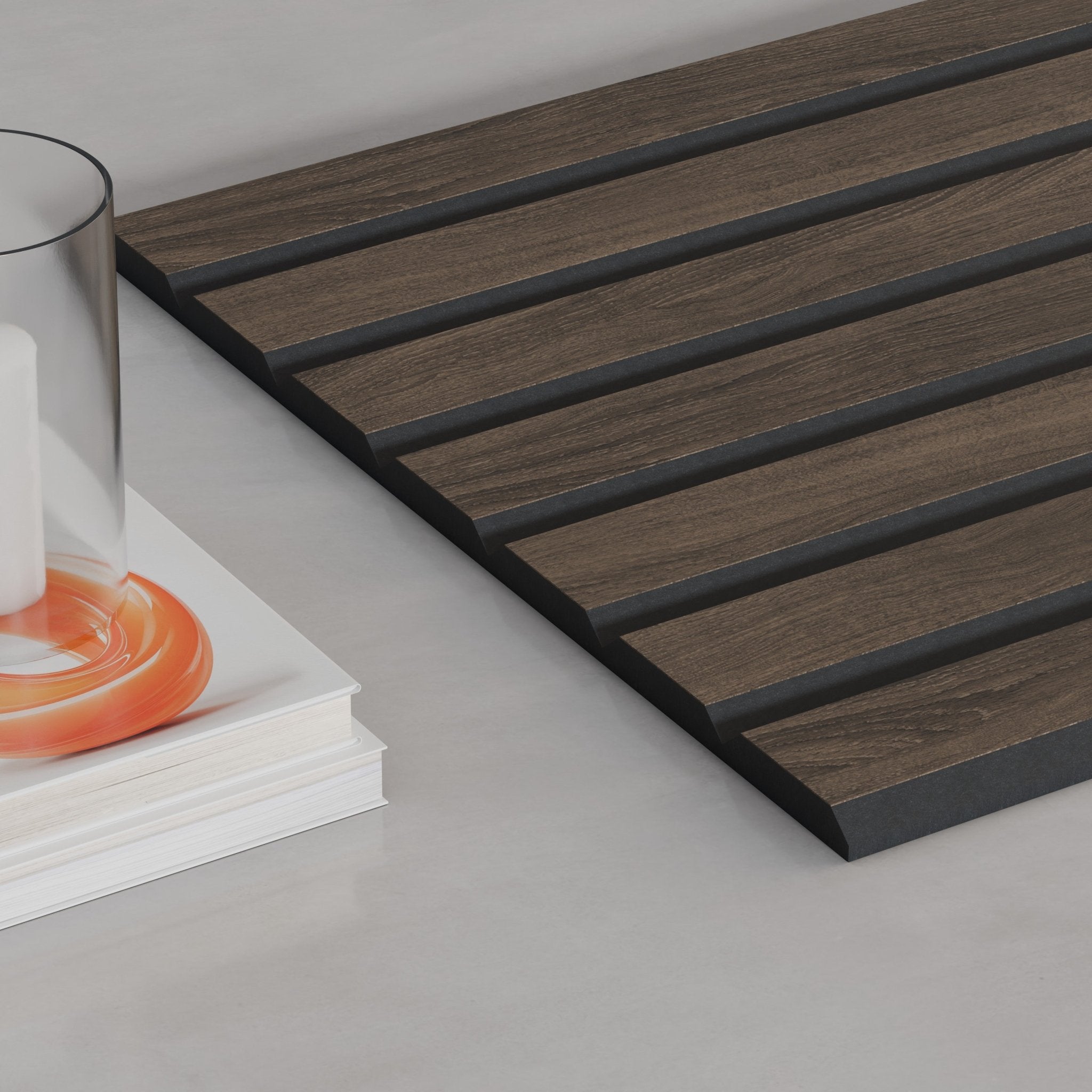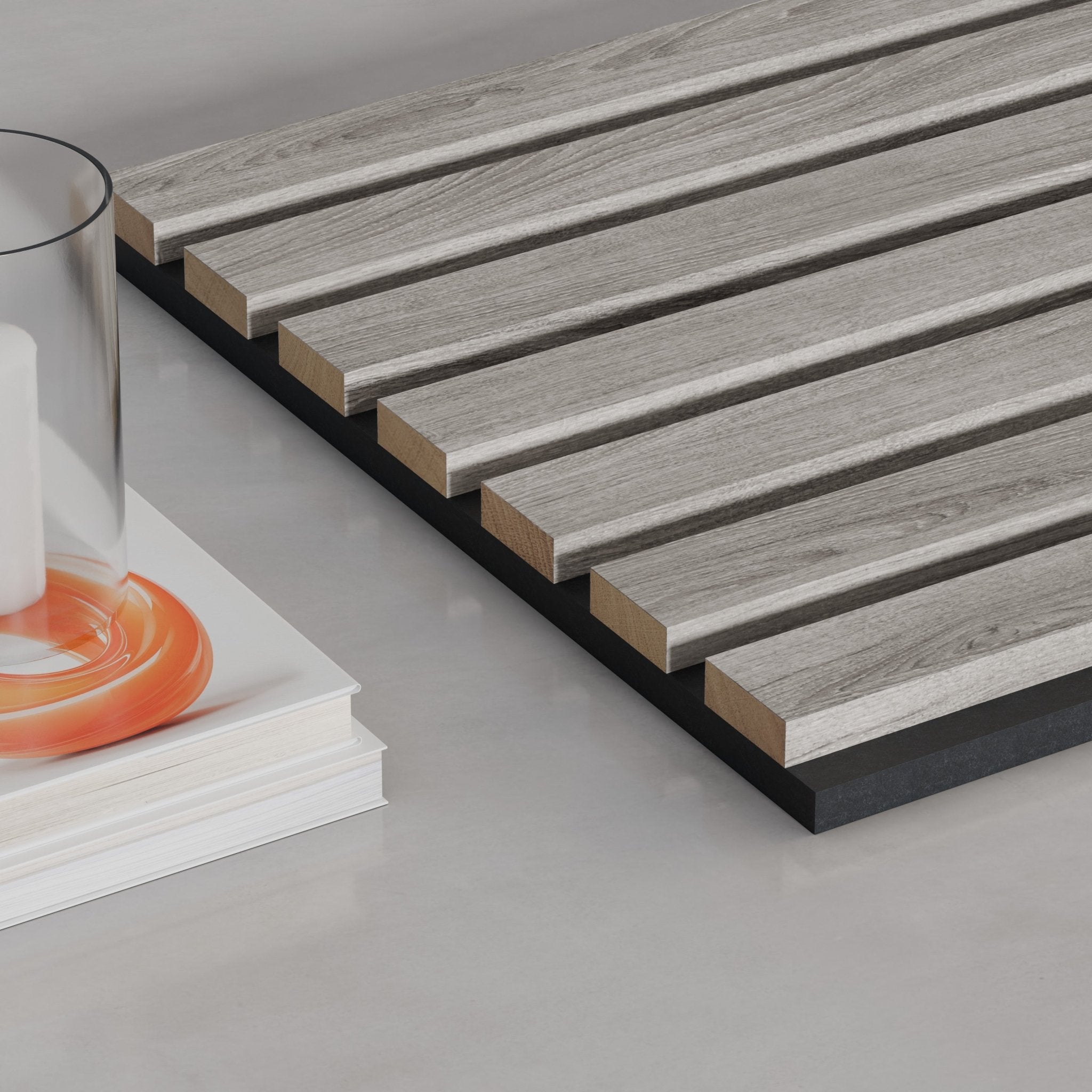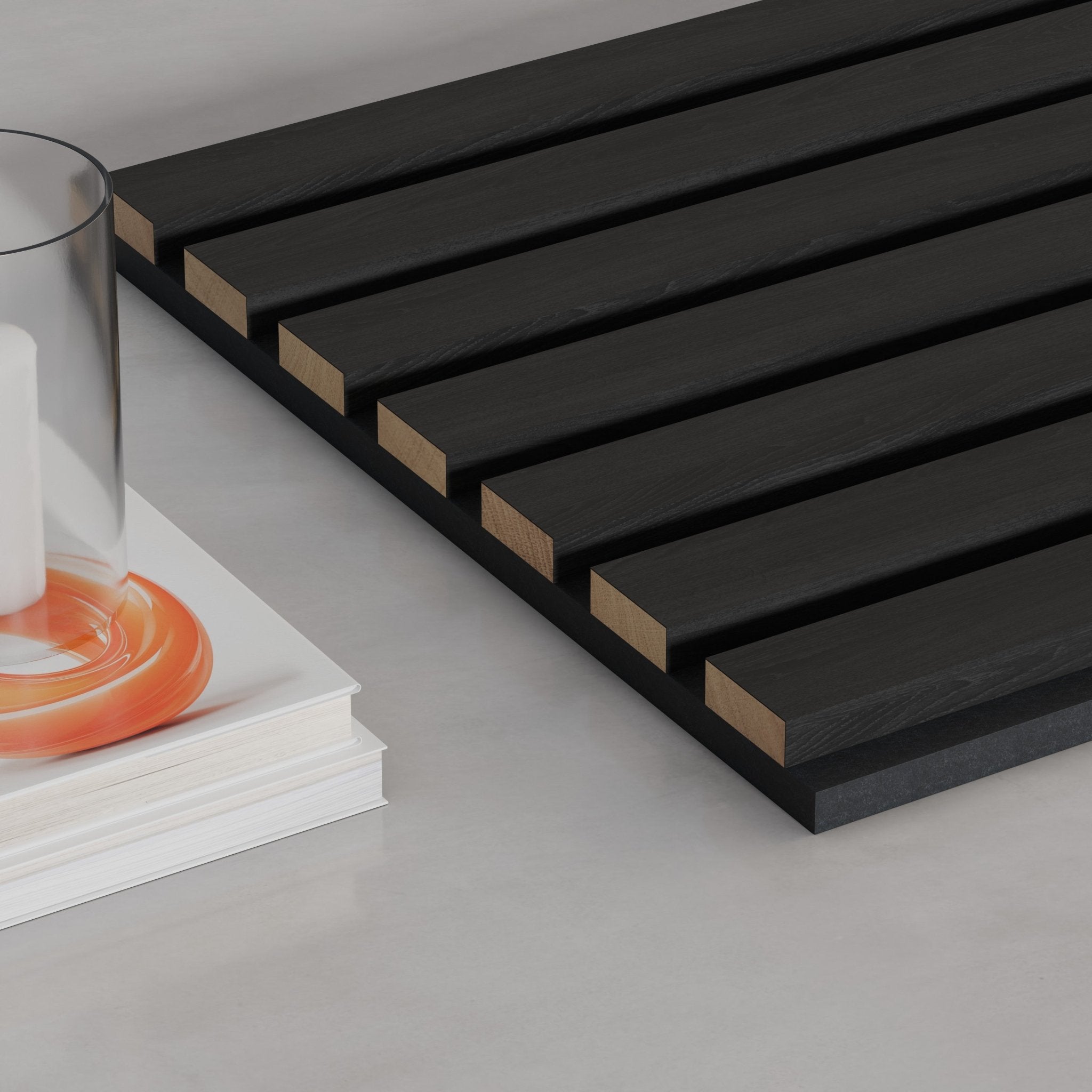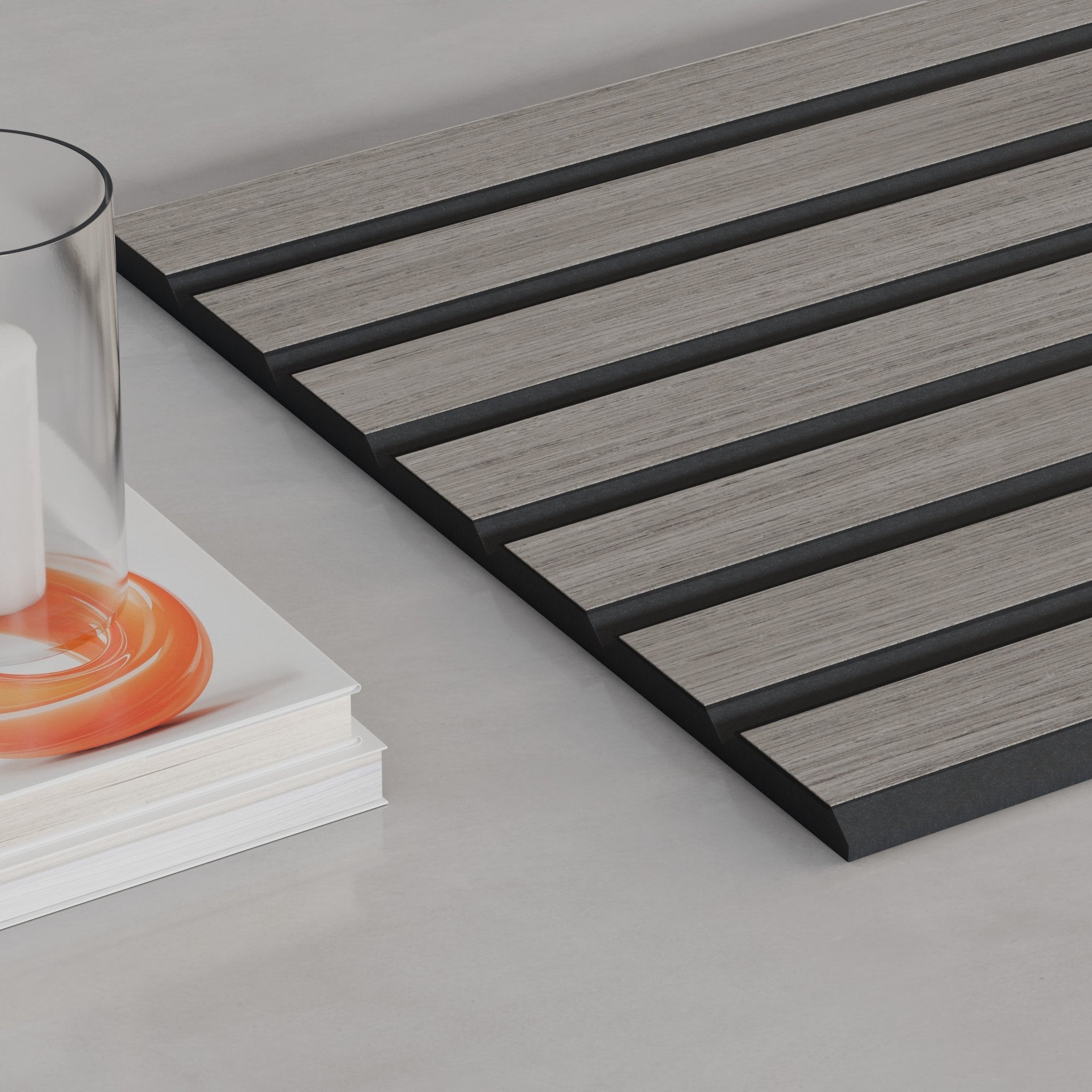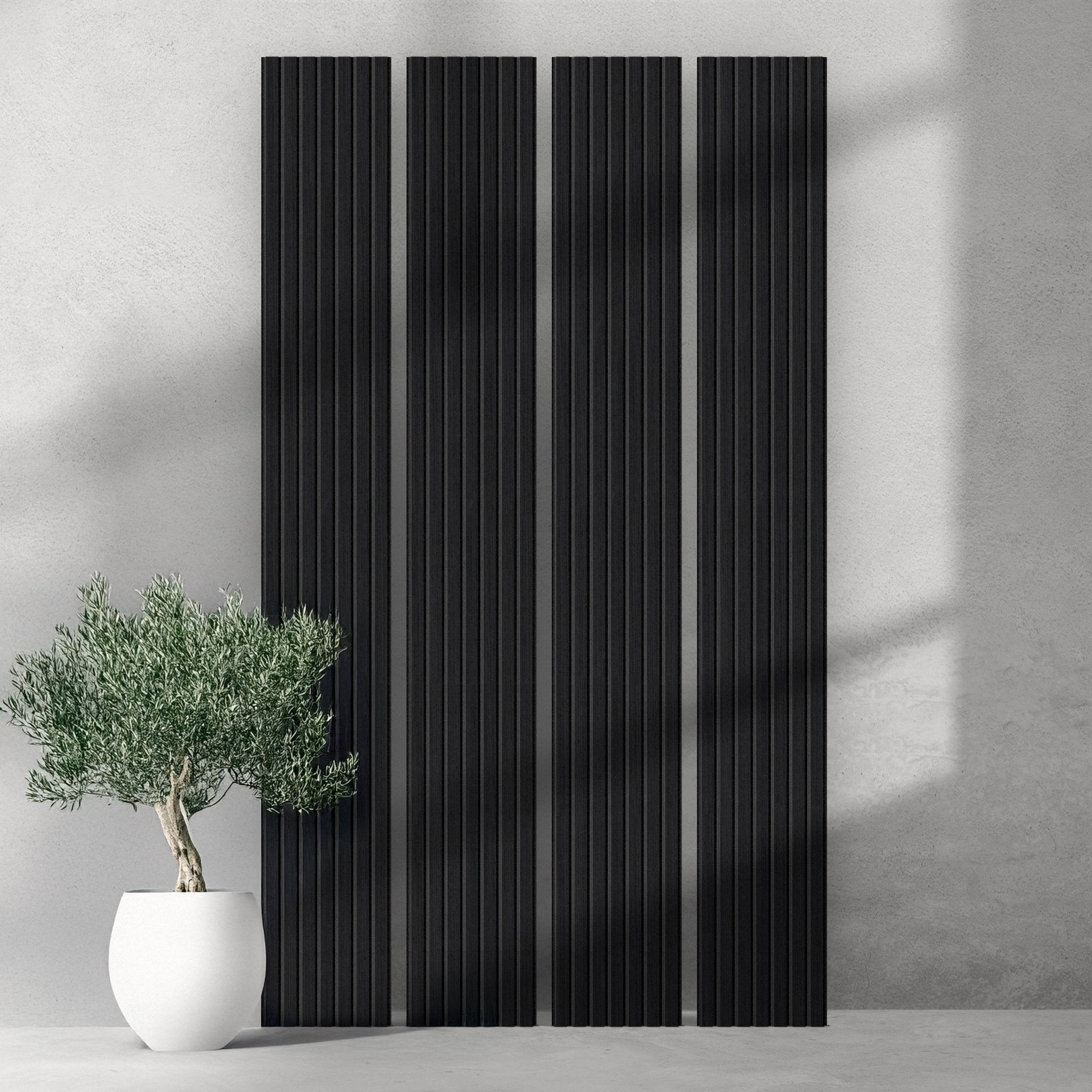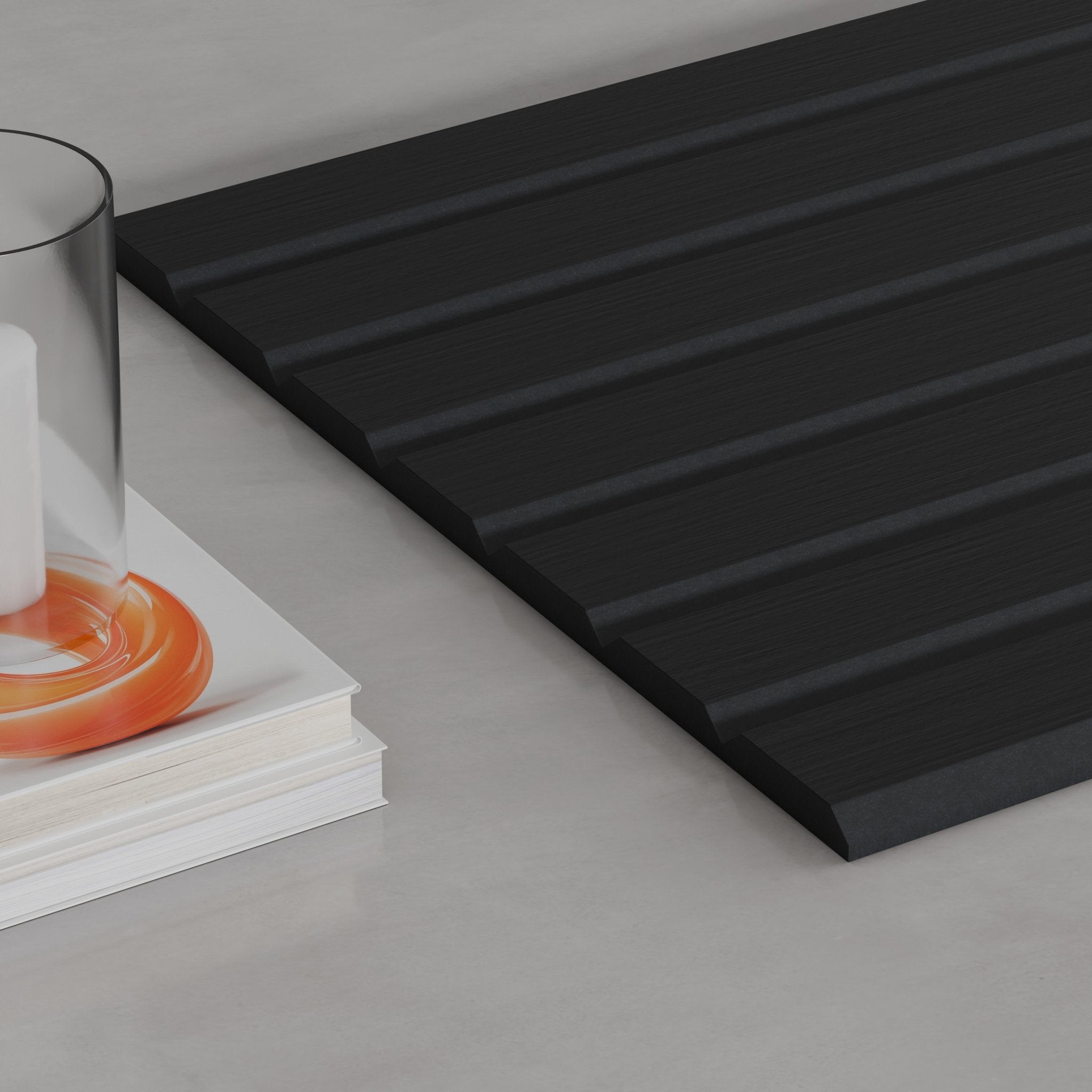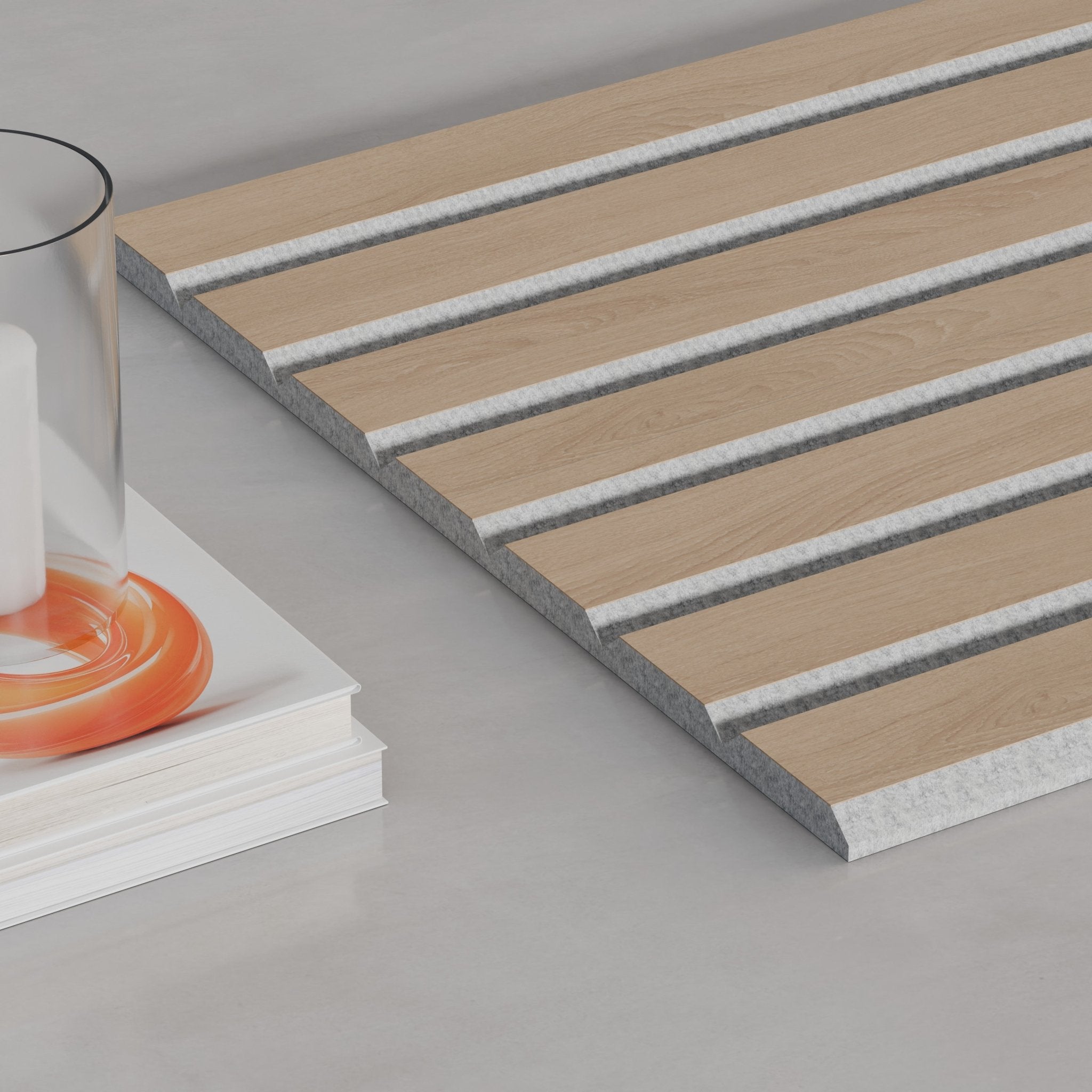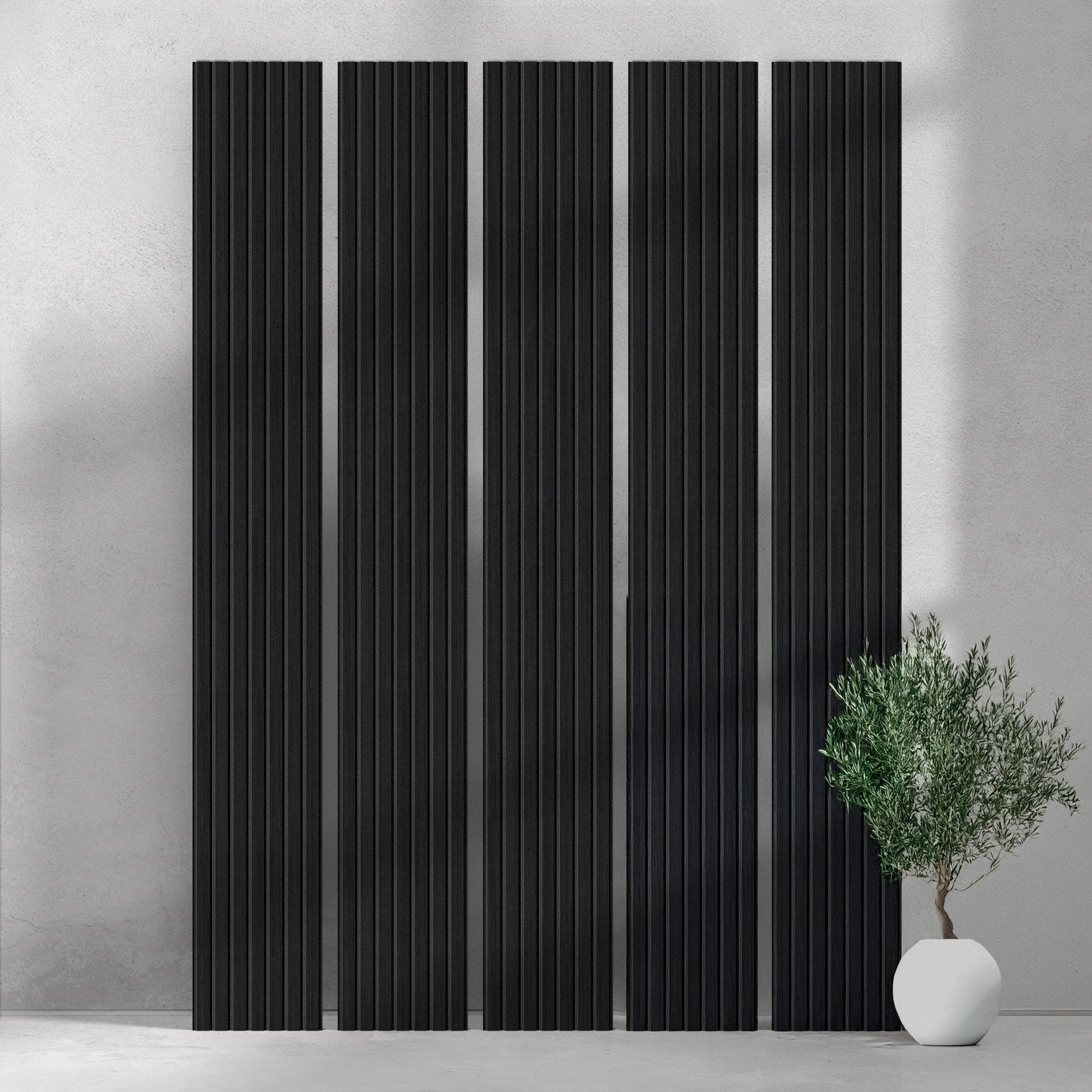Introduction
The increased awareness of sustainability has transformed various industries, and the acoustic paneling sector is no exception. With wood slat acoustic panels becoming a popular choice for sound treatment, there's a growing emphasis on sourcing sustainable wood. This article aims to delve into the environmental benefits of using sustainable wood for your acoustic panels.
Reduced Carbon Footprint
Sustainable Wood
Forests that are managed sustainably absorb carbon dioxide and emit oxygen, acting as "carbon sinks." By choosing wood from these sources, you are supporting a process that reduces the overall carbon footprint.
Traditional Materials
Compared to conventional materials like plastic or metal, which have high embodied energy and contribute to carbon emissions, sustainable wood is a low-impact material.
Forest Conservation and Biodiversity
Certified Wood
Wood that is certified by bodies such as the Forest Stewardship Council (FSC) ensures that it comes from responsibly managed forests. These certifications often require that the forest be maintained in a way that conserves biodiversity.
Habitat Protection
By choosing sustainable wood, you indirectly contribute to the protection of natural habitats and encourage responsible forest management practices.
Waste Minimization
Longevity
High-quality, sustainable wood tends to be durable, meaning your acoustic panels will likely have a longer life span, reducing the need for frequent replacements and thereby minimizing waste.
Recyclability
Wood is biodegradable and can also be repurposed or recycled, unlike some synthetic materials that may end up in landfills.
Encouragement of Responsible Practices
Market Demand
Your choice to invest in sustainable wood can influence market demand, encouraging suppliers and manufacturers to adopt responsible sourcing and production practices.
Eco-Friendly Coatings
Manufacturers who focus on sustainability are also more likely to use eco-friendly treatments and finishes on their wood products, contributing to a cleaner environment.
Cost-Efficiency in the Long Run
While sustainable wood options may sometimes be more expensive upfront, their durability and low maintenance needs often make them more cost-effective in the long run. Plus, the value of contributing to environmental protection is immeasurable.
Conclusion
Opting for sustainable wood when choosing your wood slat acoustic panels has manifold environmental benefits—from reducing carbon emissions to supporting biodiversity and minimizing waste. Making a conscious choice can not only improve the acoustics and aesthetics of your space but also contribute to a healthier planet. It’s a win-win situation that resonates on multiple levels.


